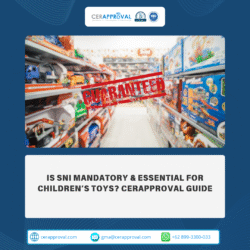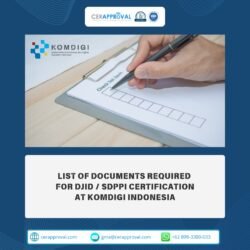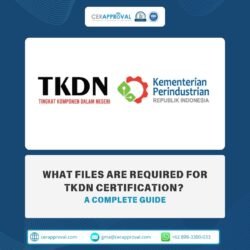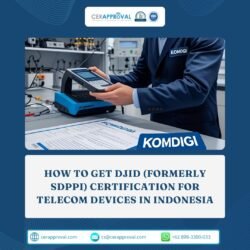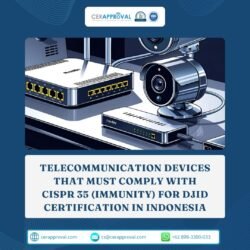Is SNI Mandatory & Essential for Children’s Toys?
📌 Introduction The children’s toy industry in Indonesia is thriving, and ensuring toy safety and compliance is paramount for manufacturers, importers, and retailers alike. One key standard is the SNI (Standar Nasional Indonesia). This article by Cerapproval explains why SNI is mandatory and important for children’s toys, and how certification benefits all stakeholders. What is SNI and Its Legal Basis? SNI is Indonesia’s national standard developed by BSN (Badan Standardisasi Nasional). Toys are categorized as mandatory SNI products, as regulated under Government Regulation No. 20/2014 and Ministry of Trade Regulation No. 88/2016. The standard includes rigorous requirements in safety, physical-durability, and chemical composition—essential to protect children. Why SNI is Mandatory for Toys The SNI Certification Process with Cerapproval Useful Tips for Brands, Importers & Retailers ✅ Conclusion SNI certification transcends labeling—it represents safety assurance, legal compliance, and market competitiveness. For manufacturers and brand owners, it’s a vital investment; for distributors and retailers, it builds trust and mitigates regulatory risk. Cerapproval stands ready to guide every step toward securing SNI certification for your children’s toy products.

